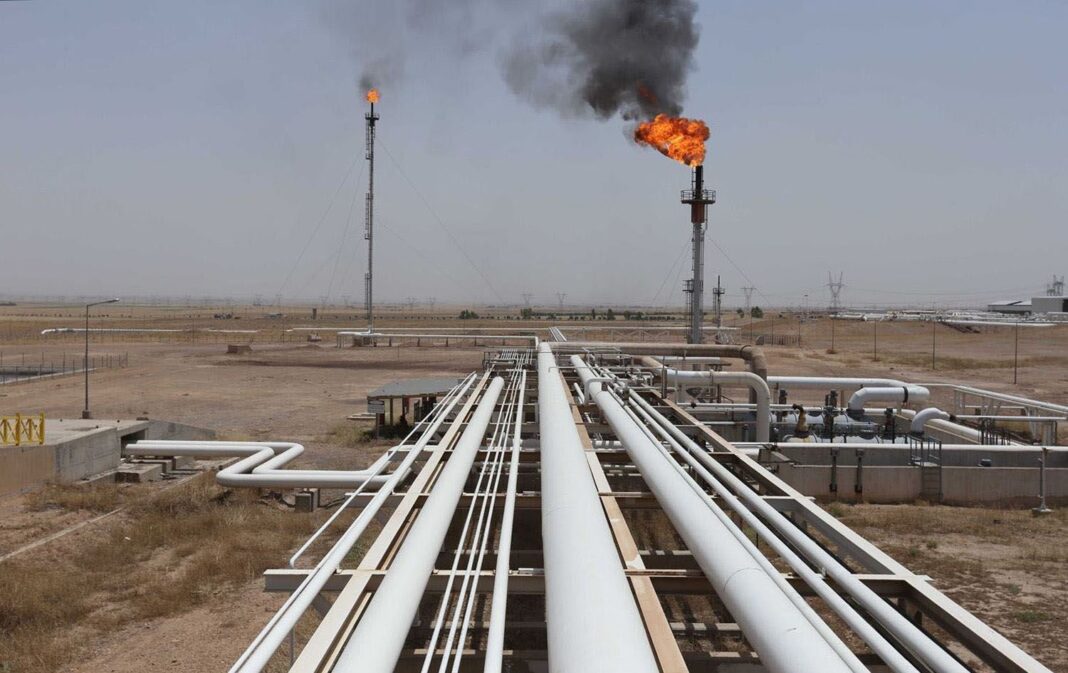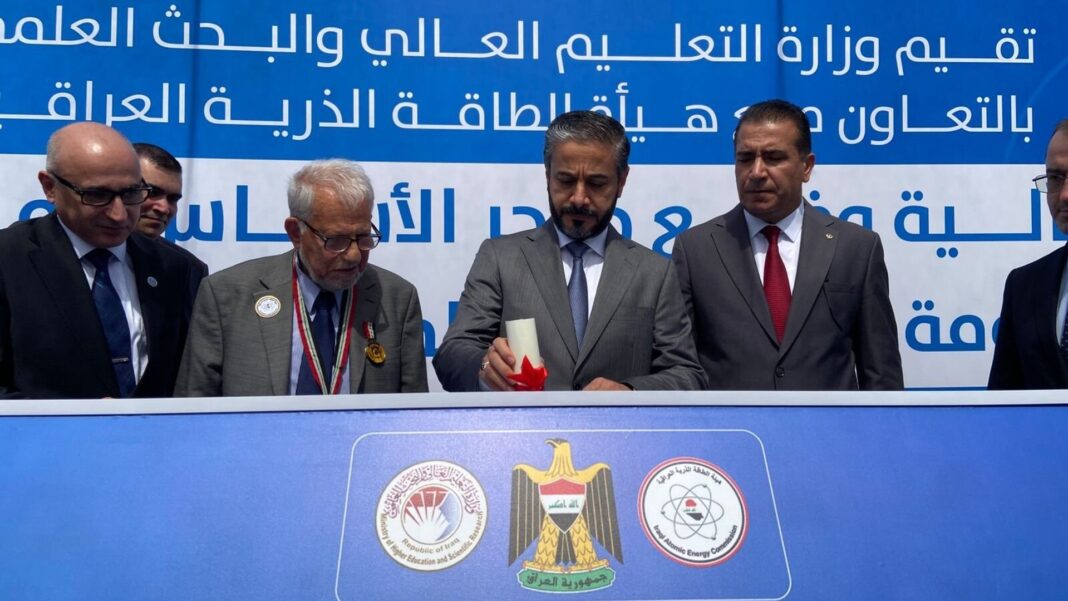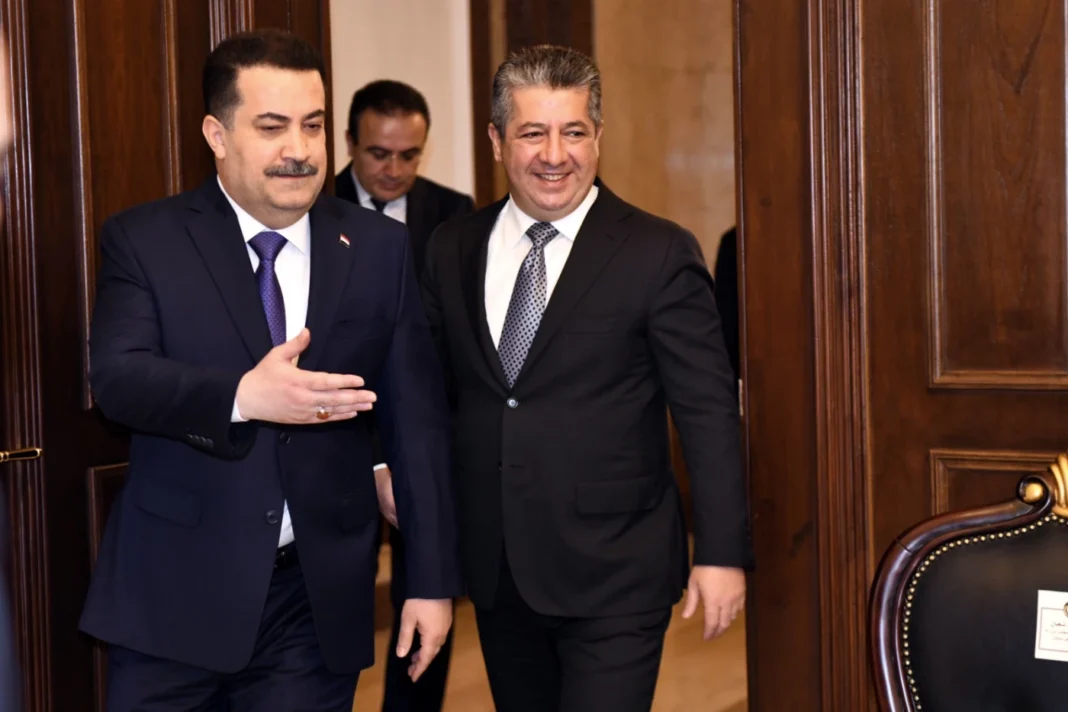Kurdistan oil exports are restarting after Iraq and the Kurdistan Regional Government (KRG) reached a historic agreement. The deal ends years of tension and unlocks vital energy flows to international markets.
For years, disputes over oil revenue created deep divisions. Both Baghdad and Erbil accused each other of breaking contracts. This disagreement halted sales through Turkey’s Ceyhan pipeline, damaging both local and national economies.
However, talks intensified in recent months. Leaders from Iraq, the Kurdistan Region, and international partners worked tirelessly to resolve differences. Transitioning from conflict to cooperation required trust and compromise. Both sides agreed that energy stability supports Iraq’s role as a reliable supplier.
On August 23, 2025, KRG President Nechirvan Barzani met with the US Embassy in Baghdad. The meeting emphasized the urgent need to restart oil exports from the Kurdistan Region. The next day, the US ambassador met directly with Prime Minister Mohammed Shia al-Sudani. Together with President Barzani, they reached an agreement to resume shipments. This sequence highlighted the important role of Barzani in breaking the deadlock. By the end of August, the conflict that lasted for years had officially ended.
The agreement outlines new mechanisms for revenue sharing. Iraq’s federal government will oversee sales, while the Kurdistan Region receives its rightful share. This solution builds transparency and reduces future disputes. As both sides explained, renewed cooperation ensures steady funding for salaries, services, and infrastructure.
Moreover, the deal strengthens Iraq’s international standing. Energy markets in Europe, already facing supply pressures, will now benefit from increased stability. Restarting Kurdistan oil exports reinforces Iraq’s strategic importance as a major supplier.
This breakthrough also carries political weight. The long standoff weakened trust between Baghdad and Erbil. Reaching consensus shows that both sides can prioritize national interests over rivalry. For many citizens, the resumption of exports represents hope for economic recovery and stronger unity.
Moreover, looking forward, officials stressed that the new framework requires discipline and fairness. In addition, regular monitoring and continued dialogue will help prevent future conflicts. Therefore, with Kurdistan oil exports flowing again, Iraq enters a new chapter defined by cooperation and growth.



